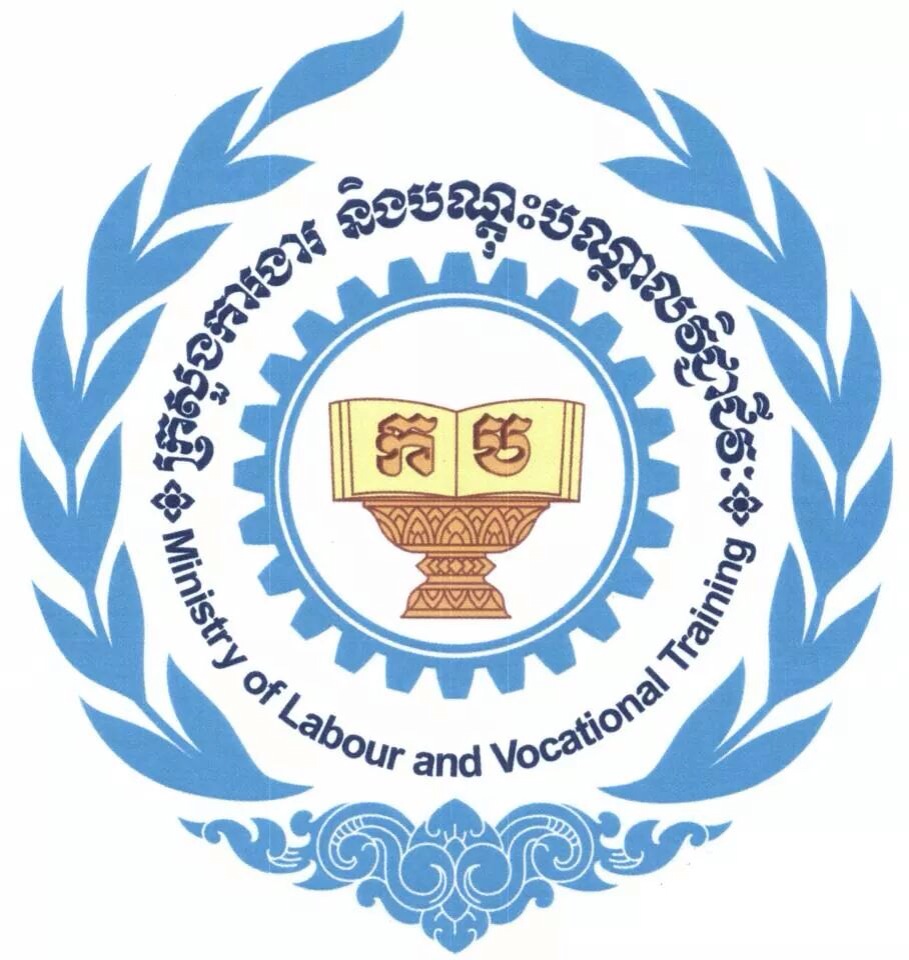Issue Description
Apprenticeships and internships are both forms of work-based learning that have become increasingly effective tools to enhance education and workforce development, by providing young people with an opportunity to validate their learning under practical conditions in the workplace. This helps to bridge the skills gap that exists between what is taught in education facilities and the actual needs of the private sector, while also allowing businesses to benefit from a large pool of cost-effective, educated labour.
Traditionally, apprenticeships are formal vocational training programmes that prepare indi-viduals for a specific technical profession or trade within physically demanding sectors such as construction or manufacturing, and often take between one to six years to complete, with a guaranteed job on completion. In comparison, internships are generally less structured short-term placements of between one to six months, often for university students to gain experience in a public or private organisation within a specific professional career, such as business development or communications, with the possibility of a job after the completion of their studies.
In Cambodia, as there is a strong emphasis placed on higher education, the prevalence of internships is much greater than apprenticeship programmes, as students are choosing to follow professional based careers rather than specialist trades. Although each programme serves a different purpose, both provide young people with vital work-based training to increase their technical capabilities, while also addressing the skills gap for the benefit of the Cambodian economy.
Despite their popularity, internships are not recognised by the Ministry of Labour and Vocational Training as a valid alternative to an apprenticeship programme, which is causing difficulties for many businesses due to the provisions contained in Prakas No.4 on The Training of Apprentices, stipulates that all businesses that employ more than 60 employees; regardless of their industry, must include a certain percentage of their staff as apprentices, with hefty fines of 1% of total annual salaries for non-compliance.
Although we acknowledge the benefits of incentivising businesses to employ more inexpe¬rienced staff, as the purpose of an apprenticeship is to train individuals in a specific skilled and manually intensive role, they are ill-suited for businesses involved in the services sector. Internships are instead attractive for such businesses as they provide flexibility to tailor their training and development needs with an individual intern’s needs. Similarly, internships requiring less resources to manage when compared to the strict obligations that must be met by employers for apprenticeship programmes to be recognised.
As the expansion of the services sector has been a major contributor of Cambodia’s eco¬nomic growth and job creation, the private sector maintains that public policy should reflect and accommodate the needs of different industries that support ongoing efforts to diversify the economy and strengthen workforce capacity.
Impact on business
Not recognising internships as a legal alternative to apprenticeships can bring several risks to young Cambodians who are prospective interns, universities, service-sector companies, and the Royal Government of Cambodia’s (RGC) educational agenda.
Firstly, prospective interns may miss out on valuable training opportunities and work experience, which can limit their career prospects and make it more difficult for them to find employment.
Secondly, universities may have difficulty placing students in internships, which can limit their ability to provide a well-rounded education to their students. This can ultimately limit the competitiveness of Cambodian universities and the skills of their graduates.
Thirdly, service-sector companies may struggle to find skilled employees, which can limit their ability to grow and compete in the global market. This can ultimately limit the growth of the Cambodian economy and its ability to attract foreign investment.
Lastly, the RGC’s educational agenda may be limited if internships are not recognised as a legal alternative to apprenticeships. This can limit the RGC’s ability to provide training opportunities to young people and limit the development of a skilled workforce in Cambodia.
Recommendation
- Formally recognise suitable internship programmes as a viable alternative to an apprenticeship when assessing compliance with Prakas No.4.
While we acknowledge that it is challenging to develop a robust training strategy that is suitable for all industries, we respectfully recommend that the Royal Government of Cambodia take steps to encourage the adoption of suitable internship programmes, by recognising them as a valid alternative to apprenticeships for the private sector. This would enable the Ministry of Labour and Vocational Training to take a company’s internship pro¬gramme into consideration when assessing their compliance with Prakas No.4 and be in line with the subsequent Instruction No.42/15 that allows companies to select a worker in probation or those learning new skills to fulfil the yearly apprenticeship requirement.
Furthermore, we suggest that the Ministry consult with both the private sector and educa¬tion institutes to develop a set of practical implementation guidelines for them to follow to demonstrate that their internship programmes are compliant.
Internship programmes are mutually beneficial for students, universities, and businesses alike, consequently they have become the central strategy of the private sector to resolve the skills gap that exists in Cambodia. Internships better prepare students for the transition into the business environment by providing them with tangible experience and mentoring support, allowing them to develop important soft skills and establish professional networks that they would otherwise have limited exposure to.
Similarly, internships enable universities to build stronger relationships with the business community, leading to more comprehensive curricula and talented cohorts, while businesses receive affordable and educated employees that they can shape from an early stage. This interdependent relationship ultimately strengthens the capabilities of Cambodia’s labour force by reducing the skill gap and contributes to a more competitive and productive economy.
Royal government of Cambodia
Initiative from Eurocham: The issue has been raised by the Human Resources Committee within The White Book edition 2024 in the Recommendation No. 75.

At the occasion of the Courtesy meeting between EuroCham Cambodia, the new Minister of Labour and Vocational Training on the 16th of November 2023, His Excellency Heng Sour, the Minister stated that Her Excellency Sovann Vannaroth is currently working on the Prakas to reform the apprenticeship contract.
The Minister also stated that the private sector will also be consulted.
National Counterparts

Ministry of Labour and Vocational Training
Contributors

Mr. Chheav Narath
ROYAL UNIVERSITY OF LAW AND ECONOMICS

Dr. Antoine Fontaine
ANANT LAW FIRM

Mr. François Schnoebelen
INDIVIDUAL MEMBER

